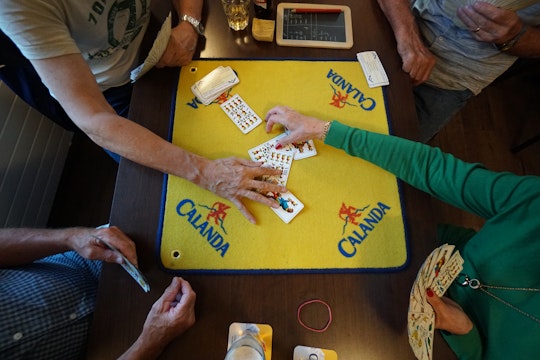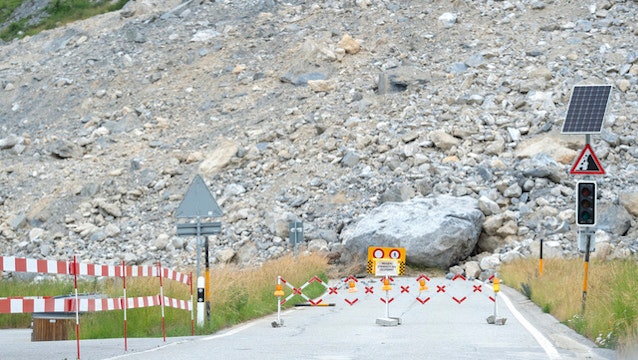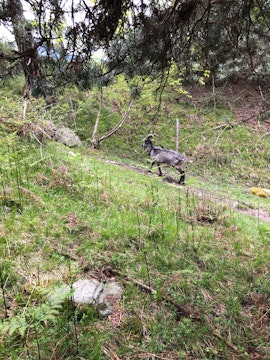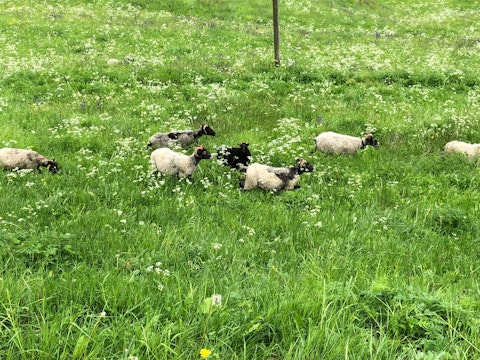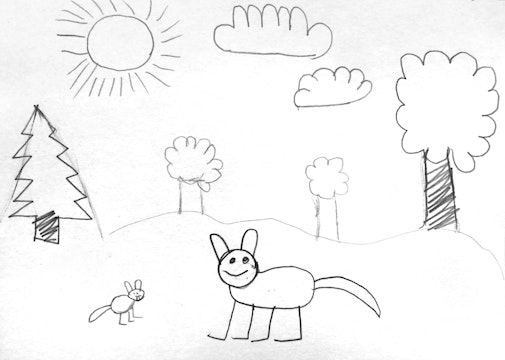Ecology and Rituals Shape Language
Donat Caduff, originally from Graubünden, now lives in Zurich as a visual designer and author
Donat Caduff, originally from Graubünden, now lives in Zurich as a visual designer and author
His work "Svizra Rumantscha" represents Switzerland and its municipalities. Caduff has translated the names of Switzerland's 2,200 communes, most of which had no names in the Rhaeto-Romanic language until now. The aim is to draw attention to the fact that Romansh is an endangered language.
Interview with Donat Caduff:
Language evolves with ritual and ecology, which is a natural process. Can you perceive a change in the Romansh language between your childhood and today? If so, what is it?
You'd probably have to ask a linguist. I can spontaneously see two changes. On the one hand, social acceptance of the high-level language Rumantsch Grischun has fluctuated considerably over the last few decades. The fact that it has fallen recently is, I believe, linked to diffuse fears about globalization, fears that are also manifest in Rumantschia. Secondly, Romansh has been strongly promoted, particularly in education, the media and culture, but has hardly been able to establish itself in the economy, which I think is a pity. This gap has probably widened.
Is the regional community important to the survival of Romansh? What, in your opinion, is essential to the cohesion of a community?
If an endangered language is to continue to exist, it must have a social conscience, from which a community can grow. At the same time, collective identity cannot be imposed by the school, the state or the media, even if I'd like to see this identity revived, otherwise the language would become a farce. Above all, it's up to the speakers themselves to defend their language, to cultivate it in all areas and to teach it to their children. This is why we must continue to promote Romansh at institutional level.
What does communication through language mean to you? Is it just the meaning of words, or are gestures, sound and timbre just as important?
For me, the communicative value of language is ambivalent. On the one hand, it has the sober function of an instrument with which I communicate without thinking about it all the time. On the other hand, language shapes thoughts and feelings, and is always also something sensual, particularly through acoustics. This makes language an intimate part of many people's identity. I experienced this, for example, during an art project in which I invented Romansh names for all the Swiss communes. It felt like an archaic journey to discover the essence of my own language.



